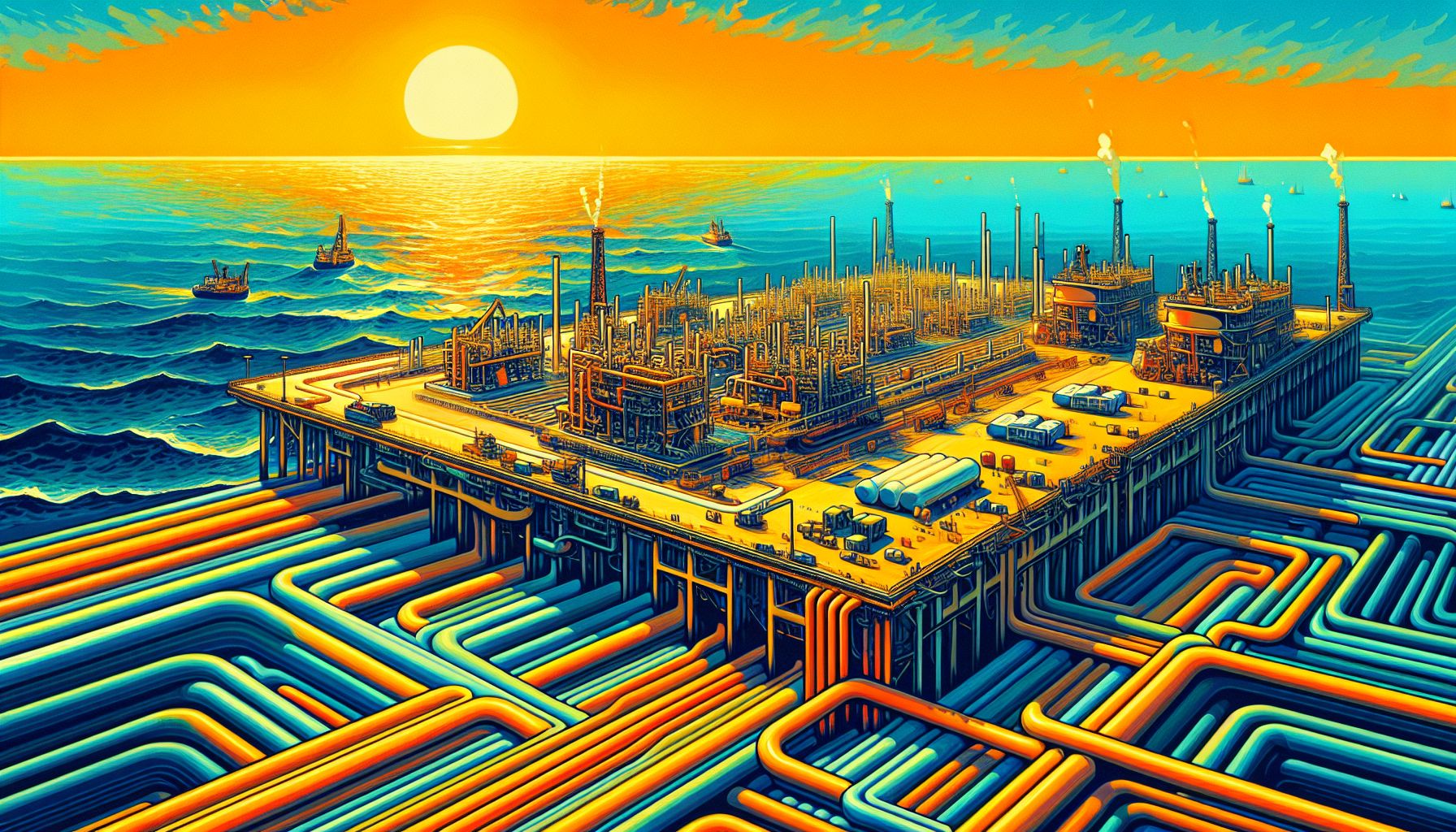Gasunie Ready to Manage Offshore Hydrogen Network

Dutch Gasunie is set to oversee the hydrogen network in the North Sea, promising efficient transport, reduced land requirements for cabling, and significant cost savings in energy infrastructure.
Gasunie’s Role in the North Sea Hydrogen Network
Energy infrastructure company Gasunie has been officially designated as the network operator for the future hydrogen network in the North Sea. This announcement was made by the Dutch Minister for Climate and Energy Policy, Rob Jetten, in a letter to the Dutch House of Representatives. Jetten emphasized the importance of this designation in safeguarding public interests and providing market clarity on the availability of infrastructure[1].
A Strategic Move for Sustainable Energy
The development of an offshore hydrogen network is crucial for the growth of offshore wind energy, which is a key component of the Netherlands’ strategy to achieve climate goals and energy independence. Offshore hydrogen production is expected to play a pivotal role from 2030 onwards, as it offers a viable alternative to the challenges of transmitting wind power to land. Hydrogen’s high transport capacity and storage capabilities make it an efficient option for energy infrastructure[2].
Cost-Efficiency and Infrastructure Reuse
Gasunie plans to repurpose existing North Sea gas infrastructure for hydrogen transmission, which will significantly reduce the costs associated with building new pipelines. This approach not only makes hydrogen transport cost-efficient but also minimizes the environmental impact of developing new infrastructure. Gasunie CEO Willemien Terpstra expressed confidence in the company’s ability to manage the offshore hydrogen network, highlighting their readiness to connect it with both national and neighboring networks[3].
Government Support and Industry Collaboration
The Dutch government has shown strong support for the hydrogen network initiative by providing grants from the Climate Fund to Gasunie. This financial backing is expected to accelerate the development of the offshore hydrogen network. Additionally, Gasunie is collaborating with other pipeline owners and international partners to ensure a cohesive and integrated hydrogen infrastructure across the North Sea region[4].
Future Prospects and Challenges
While the ambition for a large-scale hydrogen network is clear, the reality of its implementation presents several challenges. According to the International Energy Agency, most hydrogen pipelines globally are still in the concept or feasibility study phase. However, the Netherlands is leading the way with significant projects like the Port of Rotterdam’s 30 km hydrogen pipeline currently under construction. This project, along with others, will be critical in meeting the EU’s target of 40 GW of electrolyser capacity by 2030[5].
A Step Towards Energy Transition
The establishment of an offshore hydrogen network by Gasunie marks a significant step forward in the Netherlands’ energy transition. By integrating hydrogen production with offshore wind farms, the country aims to create a sustainable and resilient energy system. This network will not only help in achieving climate goals but also strengthen the Netherlands’ competitive position in the European energy market[6].

